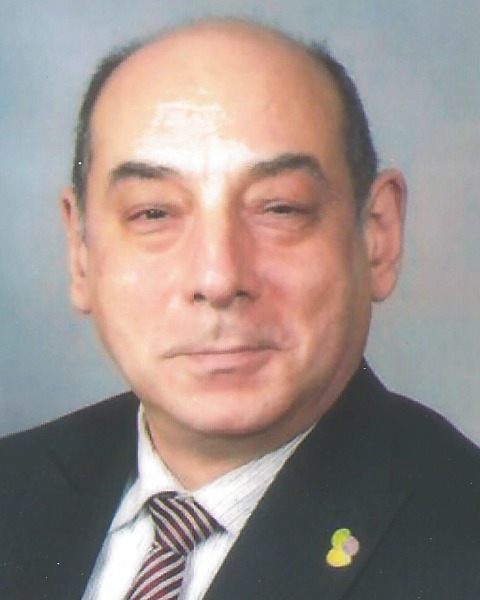Thyroid
(6.11) Real-World Evidence of Germline and Somatic RET Testing in a Case Series of Patients with Medullary Thyroid Carcinoma

Corin Badiu, MD, PhD, FACE (he/him/his)
Head of Department
Institute of Endocrinology, Dept Endocrinology IV (Thyroid)
Bucharest, Romania
Submitter(s)
Medullary thyroid cancer (MTC) is an aggressive neuroendocrine tumor of the thyroid. The genetic basis of MTC is increasingly important for both diagnosis and treatment.
Case(s) Description :
From 2019 to 2023, in our Endocrinology department, RET genetic testing for germline mutations was performed in 74 subjects, (58 complete gene analyses and 16 targeted analyses), 72 of whom were diagnosed with MTC. Among all subjects submitted to germline RET analysis in our laboratory 16/74 (21.6%) were clinically affected by a hereditary disease at diagnosis and 58/74 (78.3%) of cases, were presumed to have sporadic MTC. We identified a germline RET variant in a total of 24/74 (32.4%) cases; from these, 16/16 (100%) had a positive family history, while 8/58 (13.8%) were initially considered sporadic cases.
Five different RET pathogenetic variants, were identified in our study group after germline RET analysis. Considering the observed mutations, when classified in ATA risk categories, we identified two of high (H) risk level (12/24, 50% cases) and three of moderate (MOD) risk level (12/24, 50% cases). In our cohort the most common RET proto-oncogene alteration was Cys634 in 11/24 (45.8%) cases. We have observed a difference in RET germline mutational profile between subjects with a positive family history and those having a negative one. Cys634 mutations were the most prevalent germline mutations in the group of clinically familial cases (9/16, 56.2%) whereas mutations affecting codon 620 and 804 were more frequent in apparently sporadic cases (3/7, 37.5%). When comparing histopathological characteristics, all known results of patients with a positive germline mutation and just five out of 37 known histopathological results of wild-type RET patients had multifocal disease. Out of 50 cases tested negative for germline RET mutation, eight cases with advanced, metastatic MTC underwent RET somatic testing using fresh or formalin-fixed, paraffin-embedded tumor tissue. From 6/8 (75%) cases, a somatic RET mutation was found, 5/6 (83.3%) having Met918Thr mutation, and one case with Cys634Arg mutation.
Discussion :
Among patient with known cancer staging, 7/24 (29.1%) of those with a germline RET mutation and 20/50 (40%) of wild-type RET patients had locally advanced disease (T >1). We observed a more aggressive disease in patients with a somatic RET mutation, all of them presented metastatic progressive disease, requiring systemic treatment with thyrosine kinase inhibitors, vandetanib or cabozantinib.
Mutational screening is mandatory in all patients with extended MTC, being crucial in selecting targeted treatment with TKI inhibitors and predicting responsiveness to therapy.
